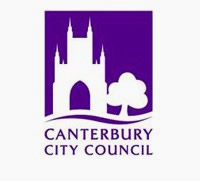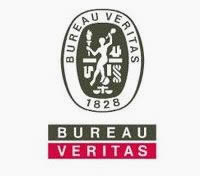SEO - targeting the longer keyword phrases
04/02/2009
What do you do when your main target keywords are consistently at the top of the search engines?
Although many businesses may be satisfied that their website is doing well and getting all the traffic it can from the search market, is there a way of increasing traffic volumes further?
Yes, by targeting very large numbers of longer keyword phrases.
Cornish WebServices use this strategy with client websites to increase natural traffic volumes still further. For one client in the addictions and alcohol treatment market, these techniques resulted in an increase in natural website visitors of 57% despite the website already being at the top of the search engines for most relevant searches.
Targeting longer keyword phrases
A much larger set of longer keyword phrase were selected based on historical keyword research with the aim of adding an extra 300 top rankings per month for keywords phrases attracting a small number of regular searches. The results far exceeded expectation and within 12 months the dryoutnow.com website has many thousands of keyword phrases in the top few positions on Google. Over 4,000 of these keyword phrases (at positions 1-3 in google.co.uk) generated natural traffic to the website, and after 12 months of work the client website had over 6,500 keyword phrases showing in positions 1-3 on Google.co.uk.
Summary
Targeting the longer keywords in high volumes (many hundreds, preferably thousands of keywords) is a very effective search engine optimisation technique that gives high quality natural traffic in a sustainable manner. Targeting the longer phases also helps the shorter main keywords.
This type of SEO technique is essential to get as much natural traffic as possible and is similar to paid search techniques of ‘targeting the tail’ in competitive markets.


























